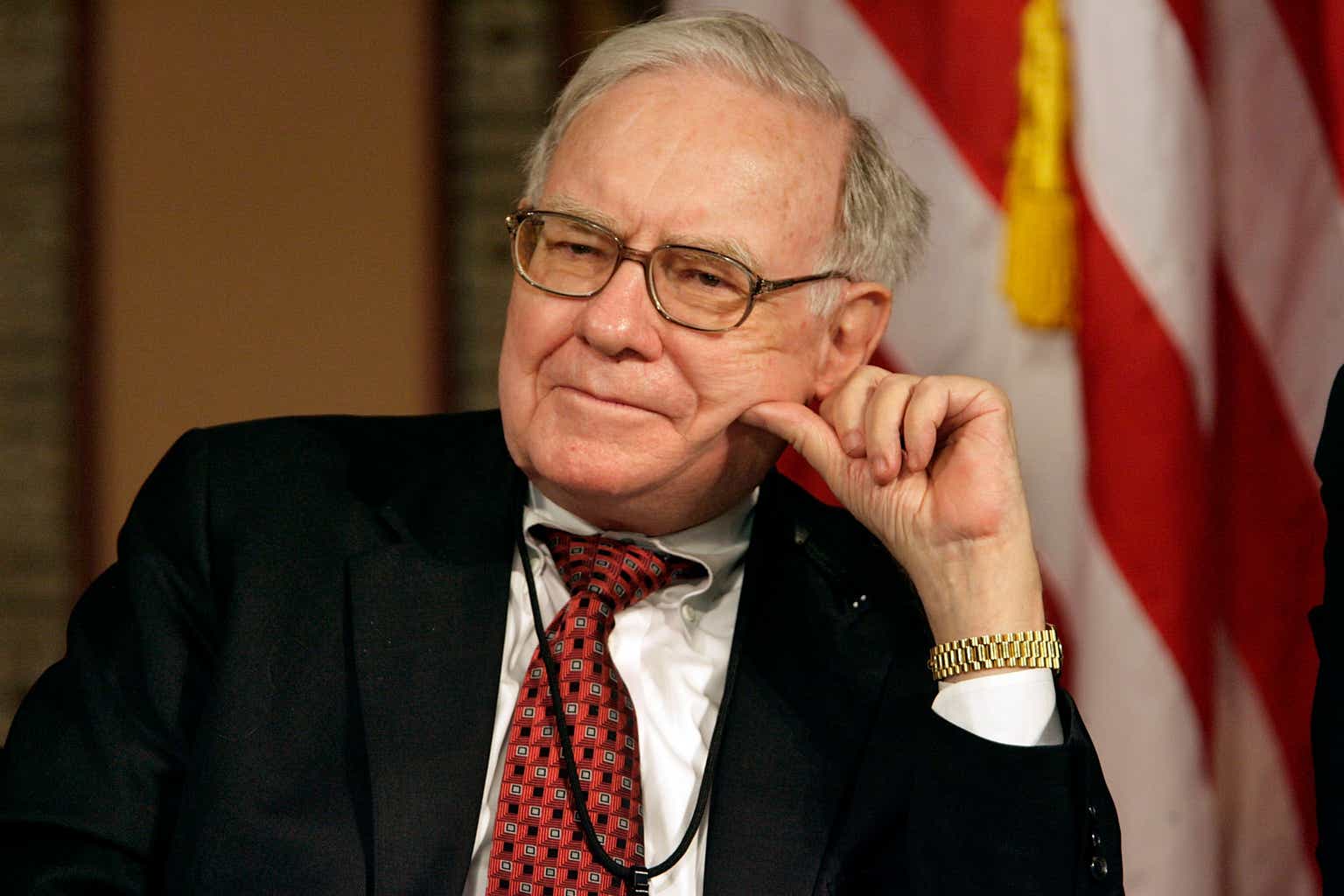Warren Buffett has stated on numerous occasions that he would buy back shares of Berkshire Hathaway only at prices that are below his estimate of their intrinsic value. In Berkshire Hathaway’s Form 10-Q for the second quarter of 2023, released on August 5, Berkshire reported that it bought back $1.4 billion of its shares during the second quarter, considerably less than the $4.4 billion it repurchased in the first quarter. Its repurchase program continued in the third quarter, with only an additional $100 million of its shares being acquired through July 26. The average price paid per Class A share by Berkshire in June of 2023 slightly exceeded $506,000. Berkshire’s closing price on August 4 was $533,600.
Since Warren Buffett considers Berkshire to be undervalued, then what is its intrinsic value?
As of June 30, 2023, Berkshire Hathaway’s (NYSE:BRK.B, NYSE:BRK.A) stock portfolio ($353 billion) plus cash ($147 billion) equal $500 billion. Its current market value, as of August 4, equals $744 billion. Subtracting $500 billion (stock portfolio plus cash) = $224 billion. Adding its insurance float (expected future claims on its insurance policies) of $166 billion (June 30) results in an “enterprise value” of $390 billion for all of its 60+ businesses including the major segments of insurance, BNSF Railroad, and Berkshire Hathaway Energy.
Since Berkshire had operating earnings of $32.6 billion (trailing 12 months from June 30), all of Berkshire’s businesses are being valued by the market at only 12 times earnings. If Berkshire’s businesses were conservatively valued at 15 times operating earnings, then they would have an enterprise value of $489 billion. Subtracting the float of $166 billion would then result in an equity value of $323 billion. Adding $323 billion (businesses) to $500 billion (stock portfolio plus cash) results in an overall equity valuation of $823 billion. Then Berkshire’s current market valuation of $744 billion represents a 6% discount from my calculation of its intrinsic value, which translates into a Class A share price of approximately $565,600. Berkshire’s closing price on August 4 was $533,600.
During the first quarter of 2023, Berkshire’s A shares traded at an average price of about $460,000. During the second quarter its average price was about $500,000. The price of Berkshire’s A shares has moved up from its average share repurchase price of $506,000 in June to a range of $520,000 – $530,000 in July. This might explain Berkshire’s substantially reduced stock repurchases in the second quarter, as well as in the third quarter through July 26.
In conclusion, since Berkshire’s currently trading at only a small 6% discount from my estimate of its intrinsic value, it is not surprising that Warren Buffett has substantially reduced share repurchases over the past few months.
Read the full article here




